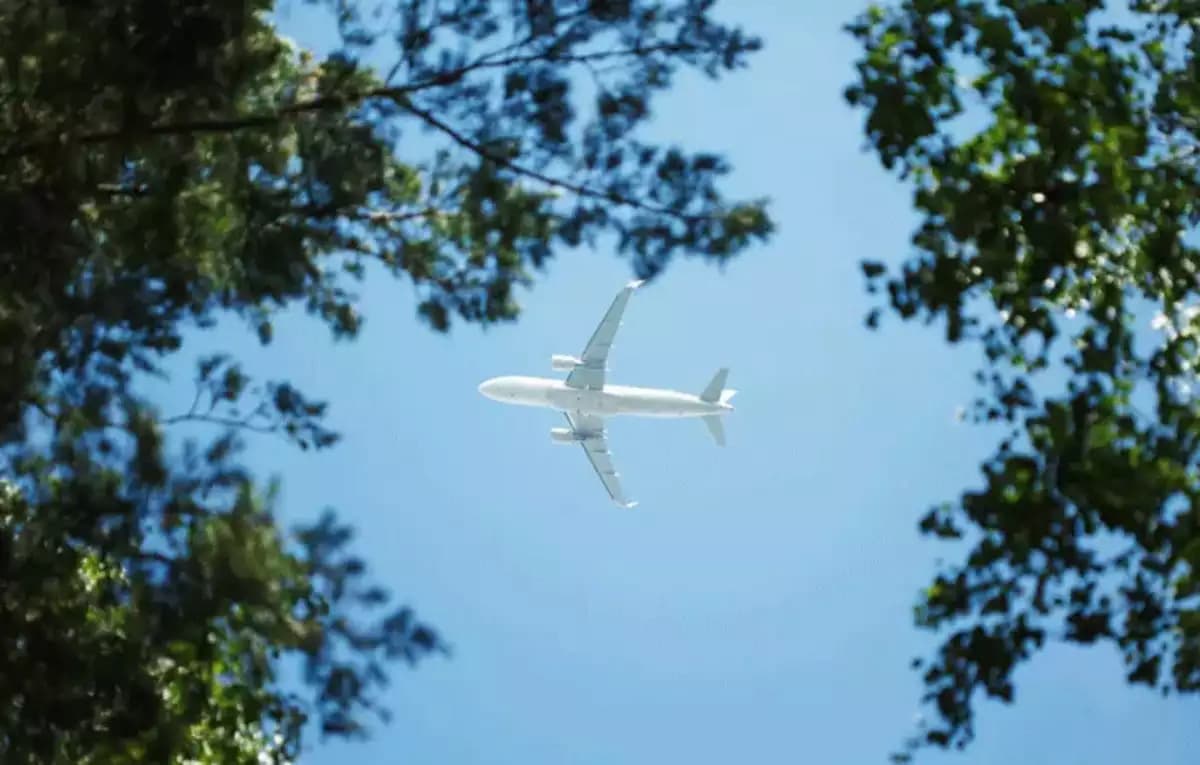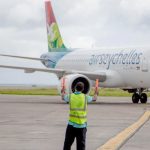Today, the World Travel & Tourism Council (WTTC) is urging governments worldwide to take decisive action in incentivizing the production of Sustainable Aviation Fuel (SAF) and establish ambitious targets to meet the demand.
WTTC emphasizes that without a significant supply of SAF, the aviation industry will struggle to achieve its commitment to reach Net Zero carbon emissions by 2050, as supported by the International Civil Aviation Organization (ICAO) and the industry itself. To attain net zero carbon emissions, the aviation sector aims to:
- Maximize emission reductions through the use of SAF, as well as innovative technologies like hydrogen and electric propulsion.
- Deploy fuel-efficient aircraft fleets.
- Improve operational efficiency, such as in air navigation.
- Explore out-of-sector solutions like offsetting or carbon capture.
SAF is expected to play a crucial role in achieving net zero emissions by 2050. However, current production rates fall short of meeting the demand, and prices remain high despite recent increases in production.
WTTC is calling for immediate action, emphasizing that governments’ climate goals, aligned with the Paris Climate Agreement, and their economic growth commitments are at stake, as aviation is essential for tourism, trade, and global connectivity. To address this urgent issue, WTTC urges governments to:
- Provide strong incentives, such as tax credits, grants, or financial incentives, to encourage investment in SAF production.
- Collaborate with the aviation sector to establish ambitious SAF production targets.
- Coordinate actions through ICAO to ensure global uniformity in SAF regulations, sustainability standards, procedures, and organization.
- The United States serves as an example of a successful incentive program through the Inflation Reduction Act, which created tax incentives for SAF production.
Julia Simpson, President & CEO of WTTC, emphasizes the need for governments to prioritize sustainable aviation fuel production. She calls for immediate action, as the current production of SAF meets only a fraction of the demand. Simpson emphasizes that financial support and incentives are necessary to bridge the cost disparity between SAF and traditional fossil fuels, and without such targets and incentives, decarbonization of the aviation sector will be
challenging.
The International Air Transport Association (IATA) has also launched a policy, SAF Deployment, which urges governments to facilitate the scaling up of SAF production and promote harmonized policies across countries and industries.
In partnership with ICF, WTTC is launching a white paper titled “Sustainable Aviation Fuels: The Implications & Opportunities for Tourism Destinations.” This publication aims to demystify the impact and benefits of SAF for tourism destinations and outlines three critical actions destinations should take to address the challenge and embrace the opportunities associated with SAF.
SOURCE: Travel News Africa






